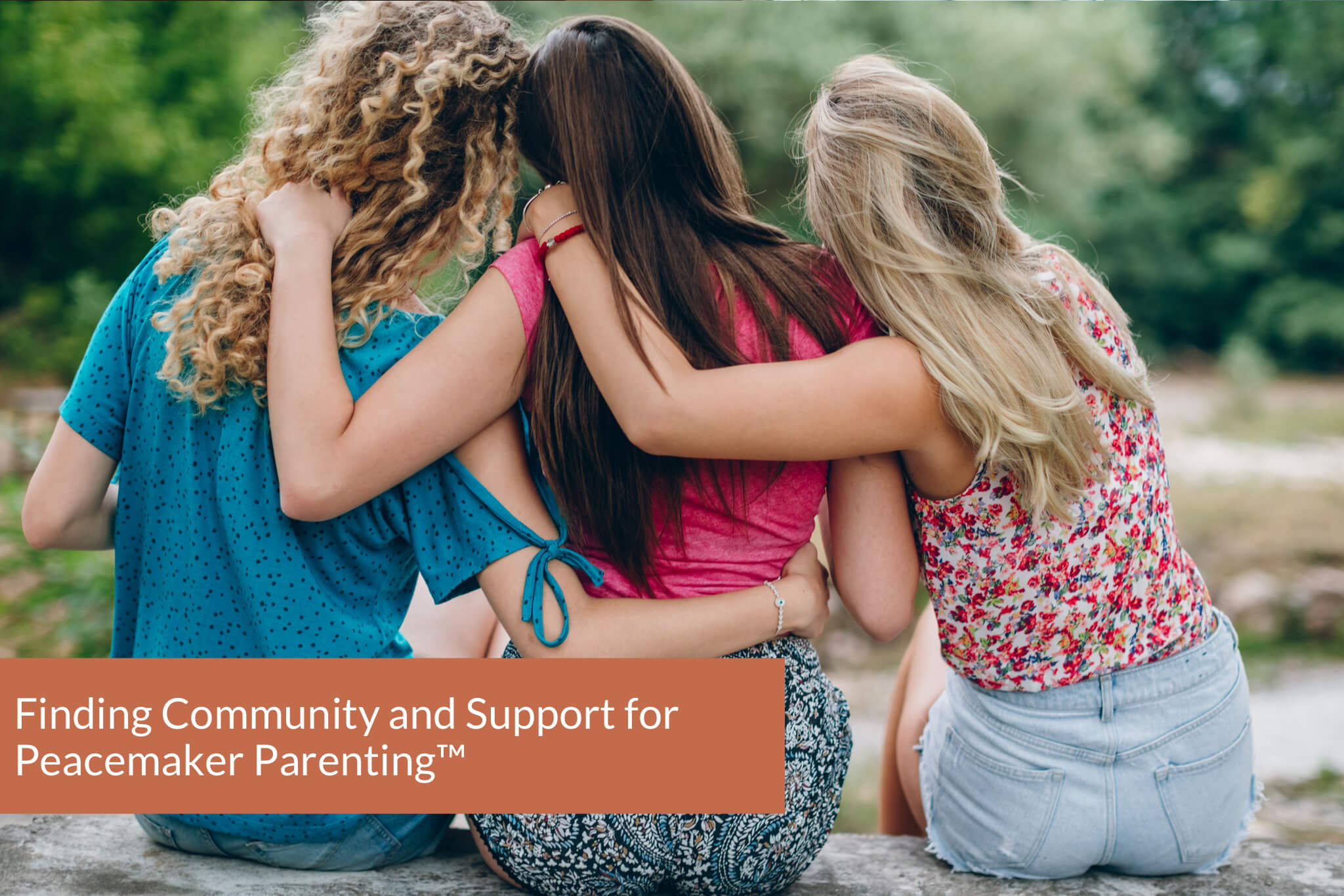
Parenting toddlers can be an exhilarating and challenging journey, marked by boundless energy, rapid development, and endless curiosity. As toddlers begin to assert their independence and explore the world around them, parents often seek guidance and resources to navigate this dynamic, and sometimes exasperating stage of childhood.
Read more...
Do you have a new baby or are expecting one soon? God bless you! Parenting a baby from newborn to 12 months is a journey filled with discovery, growth, and the establishment of deep bonds. We believe the little one you’re nurturing was placed in your heart and arms intentionally, and that their soul is fully formed and worthy of respect and love from the very beginning.
Read more...
Having support as a parent is so valuable–whether that’s from involved grandparents, daycare and school settings, reliable babysitters, and of course, co-parents. But there is just something so special and encouraging about walking through the parenting journey with other parents who are on the same path at the same time. Bouncing ideas off each other, receiving solidarity in tough moments, and sometimes even physical support during tough seasons like postpartum or during a health crisis.
Sometimes, parents may have friends or siblings who have kids the same age, but their parenting approaches might be different. This can be challenging, and make it even more meaningful when you find families who you align well with.
Read more...
If you’re new to Peacemaker Parenting, you might be surprised by a ripple effect of change it can lead to in your relationships, not just with kids, but with other adults…and even with yourself.
Peacemaker Parenting offers a profound opportunity for parents to delve into their own childhood experiences, unraveling layers of conditioning, and understanding how these experiences shape our parenting instincts. When you shift your perspective of parenting to a trust-based relationship with your child, rather than something you do to your child, you'll have the opportunity to reflect on your own upbringing with a compassionate lens.
Read more...
Summer can be a transition period for kids! Because we are wired to look for patterns, predictability, and stability, when big changes occur, the brain can perceive the abrupt change as a threat or stressor. And that can result in dysregulation and out-of-the-ordinary behaviors. For some children, it may bring with it regression in milestones. That's normal, and now that you know this, you can be proactive in building regulating moments into your daily routine.
Read more...





